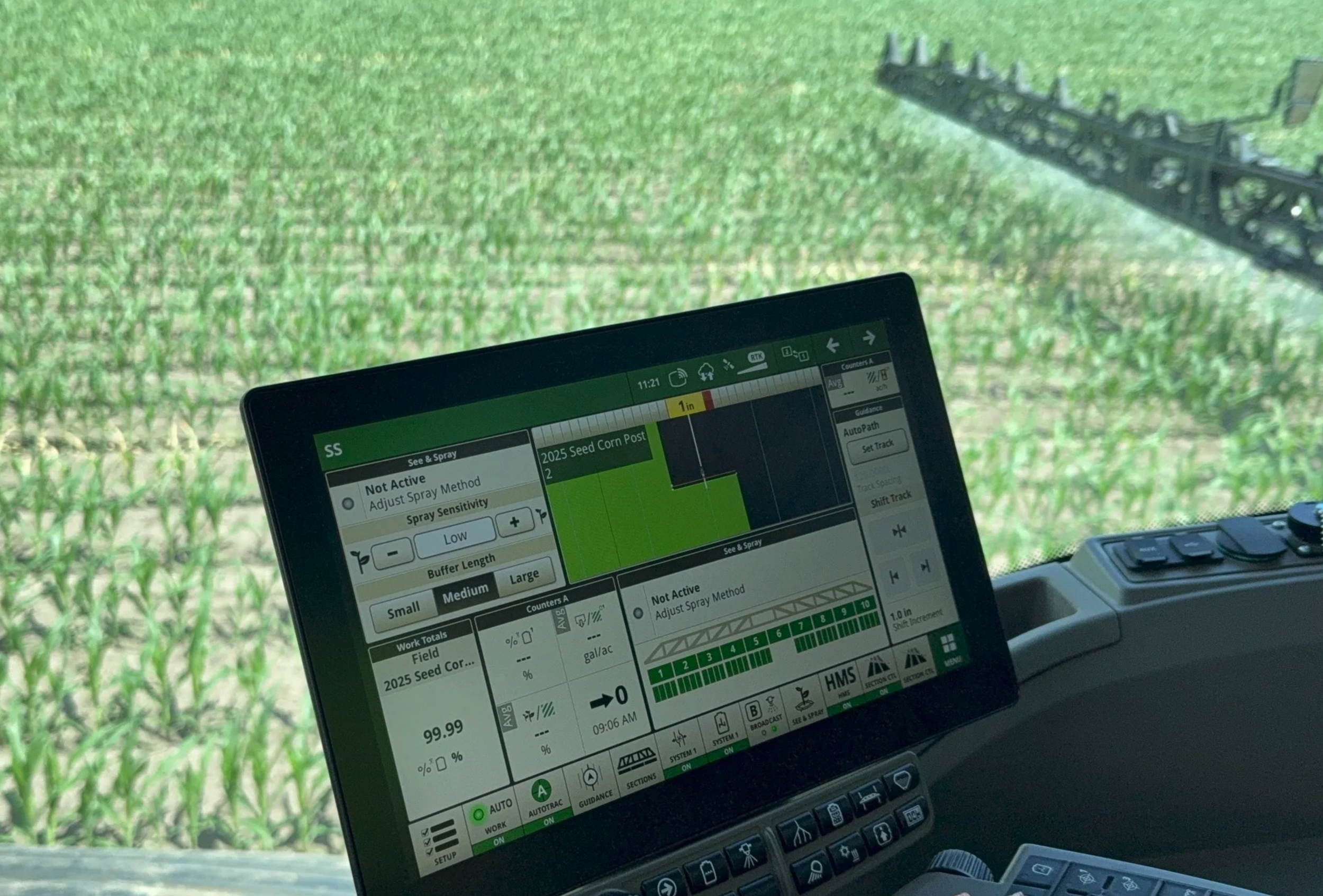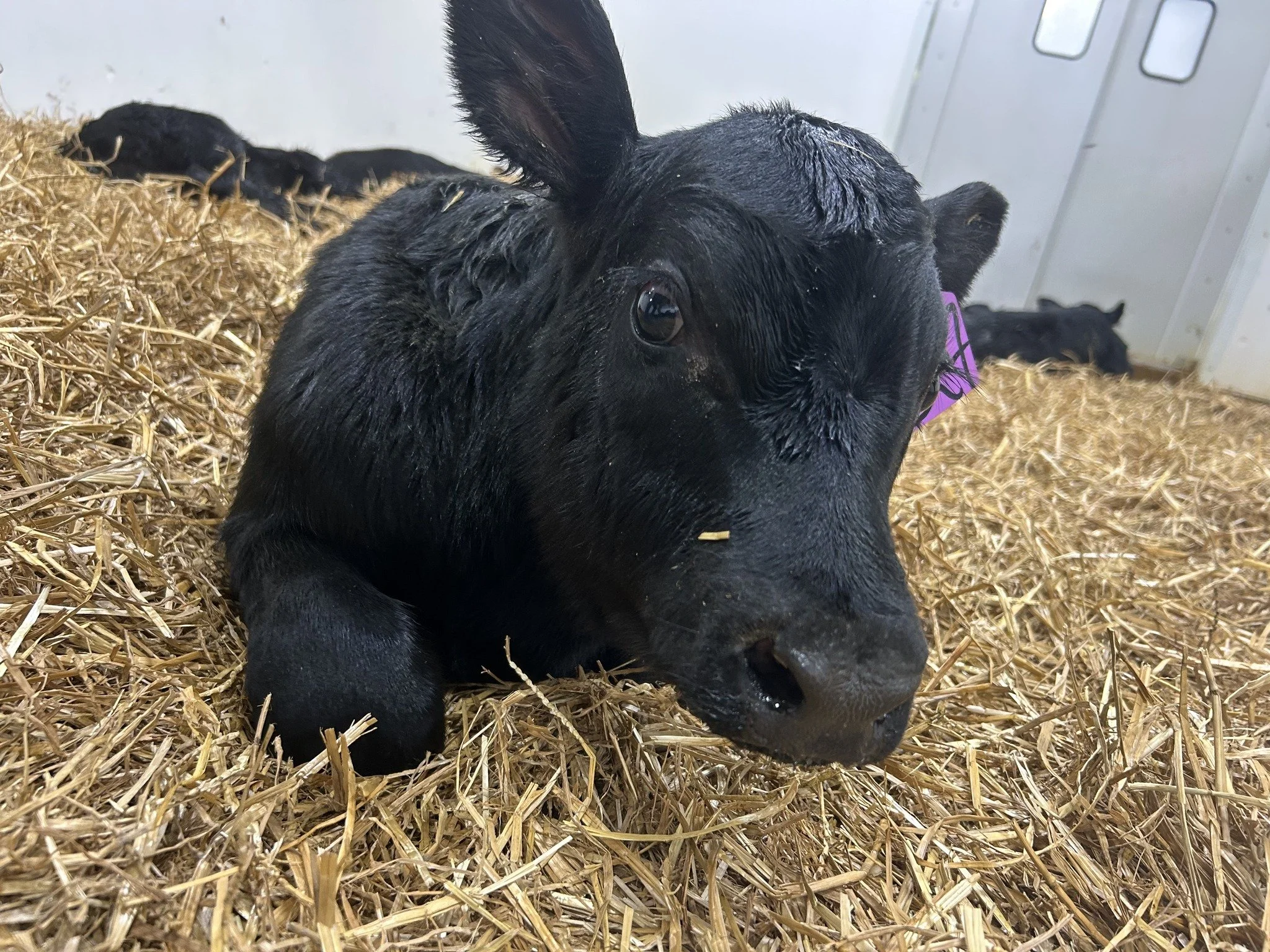Hop Farm Checklist
/We are seeing more specialty crops being grown in the Midwest - in part because of low traditional commodity prices, and in part because of the great opportunities available in new crops like hops, grapes, pulse crops, tomatoes, and vegetables. This post explains three tasks which new and established hops farms should complete to ensure their operation is well-protected.
First, make sure your operation complies with the Food Safety Modernization Act, or FSMA. Depending on the applicability of various exemptions, FSMA can cover the entire hops chain including growing, transporting, processing, distributing, and delivering to end-users. Farms with sales over $25,000 must register and comply with FSMA requirements for food intended for human consumption. However, there are exemptions for "raw agricultural products," and unprocessed hops may fall into this category. Processed or pelletized hops may be subject to the Preventative Control Rule. Check with your attorney and/or your state department of agriculture to learn more about whether and to what degree FSMA applies to your farm. In addition, individual states typically have health/safety regulations you must follow, including food handler certifications and premises requirements.
Second, ensure your sales contracts with breweries, home brewers, or other consumers are clearly written and will protect you in case of trouble. If your buyer "forgets" to pay you, what happens? What if they go bankrupt? Do you have a security interest in the hops? Who decides whether the hops are of adequate quality? What pesticides, if any, will be used on or around the hops? Will the buyer indemnify you from any potential liabilities related to the hops? These (and other) questions should be answered in your contracts ahead of time.
Third, regardless of federal, state, or local laws, a hops farm should keep complete records on site. A hops farm should maintain written policies outlining its operations, including sanitation practices, water usage for irrigation, employee rights and responsibilities, and Good Agricultural Practices ("GAP"). GAPs are the processes, conditions, and practices you use to minimize risk of food-born illness or contamination. Complete records can help you market your farm to new breweries and provide helpful information in case of a liability or employee issue down the road.
It is an exciting time to be in the hops business in the Midwest. Farmers can protect themselves by taking a few simple steps. Contact an attorney for advice specific to your operation.



